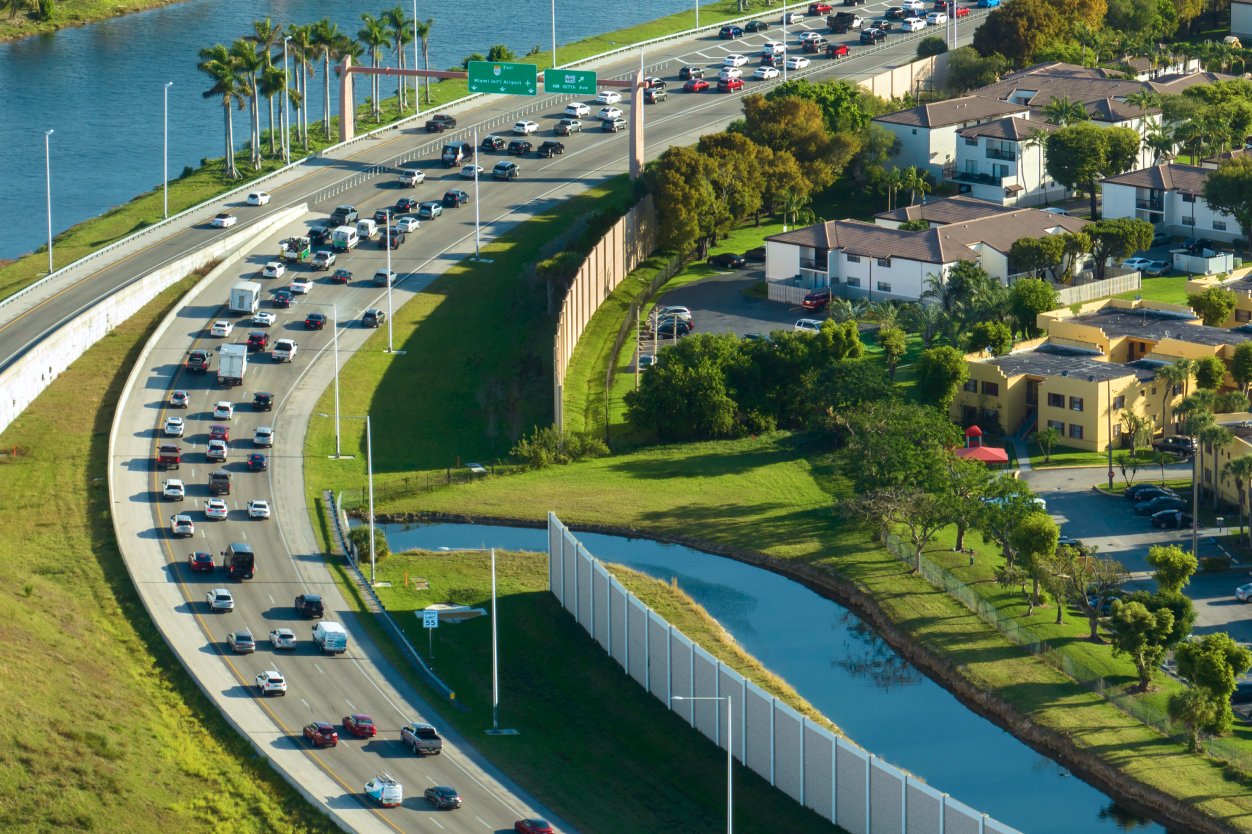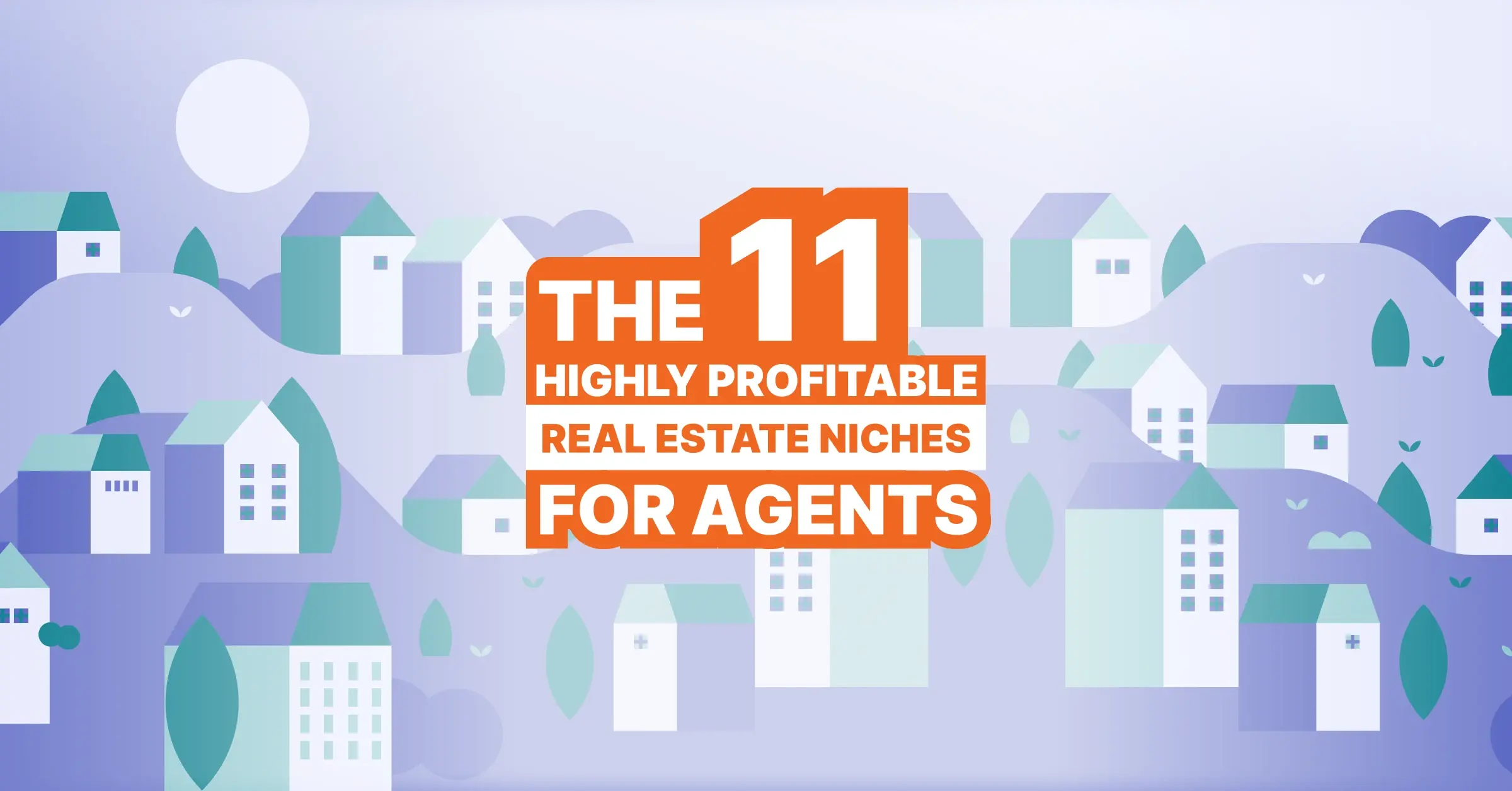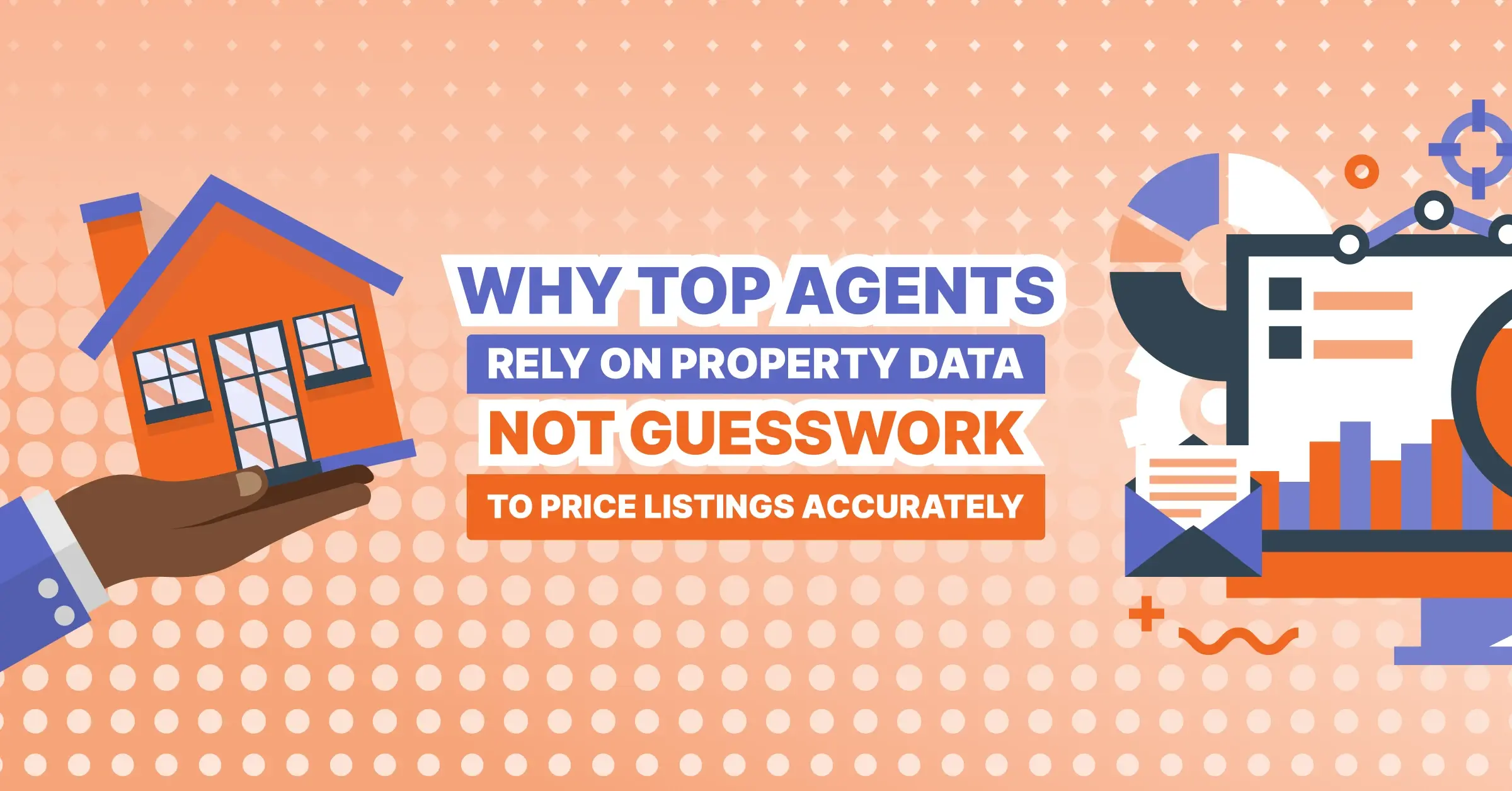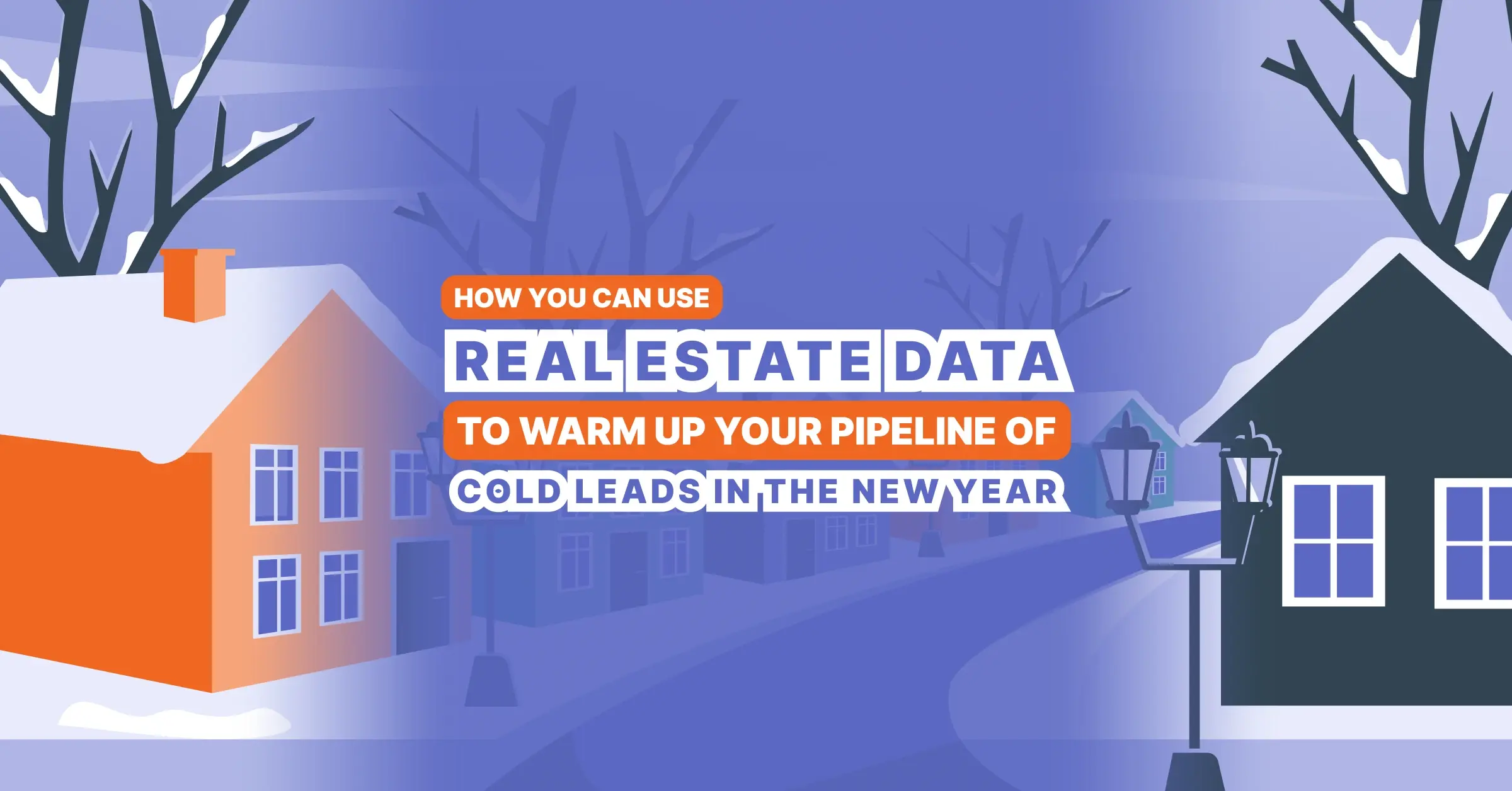How could two nearly identical homes sell for vastly different prices?
One word: Location.
Being in a different neighborhood, near a high-quality school, or simply having a waterfront view can drastically impact a property’s sale price. In this article, we’ll explore what agents need to know about location and how its various factors affect property value.
Table of Contents
Why Does Understanding Location Matter for Agents?
9 Location Factors That Impact Home Property Value
- Schools
- Infrastructure
- Regional Supply and Demand
- Crime Rates
- Accessibility
- Neighborhood Desirability
- Employment Opportunities
- Noise Levels
- Environmental Factors
Let PropStream Help You Determine Property Value Estimates
Key Takeaways:
- Understanding how location affects property values can help agents price homes competitively, negotiate strategically, advise buyers and sellers, and build greater client trust.
- Practical concerns like school ratings, crime rates, job market strength, accessibility, and regional supply and demand all directly impact a property’s value.
- When pricing a home, don’t ignore the importance of a neighborhood’s aesthetics, historical significance, and proximity to beautiful natural features.
Why Does Understanding Location Matter for Agents?
As an agent, knowing the nuances of pricing according to location can help you price properties competitively to attract more buyers while maximizing the seller’s return on investment (ROI).
Understanding location also better equips you to advise buyers and sellers during negotiations and, ultimately, enhance client satisfaction and trust. Let’s look at some of the most crucial location factors directly impacting property value.
9 Location Factors That Impact Home Property Value
1. Schools
Research has often shown that accessibility to schools is a significant factor in assessing property value.
This isn’t surprising, considering most families looking to buy a home want the best education for their children. High-quality school districts and reputable schools can increase demand for nearby neighborhoods and, as a result, drive up home values.
When determining a property’s price or considering a home for a buyer client, check out the nearby schools. You can research a school’s rating online with sites like GreatSchools or Public School Review.
2. Infrastructure

Nearby amenities can also affect the value of a home. When pricing or advising clients, research how close a property is to amenities like:
- Parks
- Shopping centers and malls
- Hospitals
- Libraries
- Waterfront boardwalks
- Hiking trails
- Sports centers
- Restaurants
- Bars and other nightlife venues
Keep an eye out for planned developments and infrastructure projects in your area since these can also impact property values.
3. Regional Supply and Demand
It’s common to talk about how nationwide supply and demand trends impact the national real estate market. However, regional factors play a significant role in property value as well. For example, a substantial uptick in buyer demand due to new employment opportunities can increase competition and prices, especially if housing inventory is limited.
Stay updated on your area’s supply and demand by subscribing to community newsletters, reading regional business publications, and analyzing local real estate data.
4. Crime Rates
Safe neighborhoods tend to attract more buyers, increasing competition and home prices.
In contrast, higher crime rates can negatively impact home values, although it depends on the type of crime. Research shows that only robbery and aggravated assault (per acre) directly lead to lower property values. One study found that a 10% increase in violent crimes reduced home values in a neighborhood by 6%.
Pro Tip: You can research neighborhood crime incidents with online tools like SpotCrime or the FBI’s Crime Data Explorer. However, agents are usually encouraged to avoid discussing neighborhood crime rates directly with buyers to follow Fair Housing laws.
5. Accessibility

How close a property is to major highways, public transportation, walkable spaces, areas of employment, and other amenities can also affect its value.
Accessibility makes life more convenient for residents, leading to higher demand and property values. This is one of the reasons homes in metropolitan areas tend to be more expensive than homes in rural areas.
6. Neighborhood Desirability
Practical preferences like school quality, safety, and accessibility aren’t the only factors that impact how desirable a neighborhood is.
Other less practical factors include beautiful views, attractive architecture, and historical significance. Neighborhoods with newer, modern-looking homes tend to attract more buyers than older neighborhoods, especially if many homes are run-down.
7. Employment Opportunities
The stronger an area’s job market is, the more its population tends to grow—leading to higher home prices. Remember, job markets can fluctuate, so stay updated on local employment rates and any new businesses, company headquarters, or business hubs being built in the area.
8. Noise Levels
While business districts can make nearby homes more desirable, remember that they can create noise and traffic, which many residents and buyers may find unpleasant.
In fact, research shows that noise is one of the most significant location factors that affect property values.
Interesting fact: Excessive noise can lead to sleep disturbance, psychological problems, and even cardiovascular disease.
9. Environmental Factors
Many buyers are drawn to natural features like water, parks, and green spaces. A home with a pristine view of a lake from the backyard could sell for more than a nearby, similarly sized home facing a busy road.
Other environmental factors—fire hazards, flood zones, and storm risks—can hurt home prices. Higher environmental risks often impact insurance prices, which can also deter buyers.
Let PropStream Help You Determine Property Value Estimates
Accurately pricing homes is crucial for agents, as this is a common reason sellers enlist the help of a trusted agent in the first place.
While understanding how location impacts property values is a great starting point, you need more information to determine the most accurate comparables to get the highest return for your clients.
Enter: PropStream.
With PropStream, you can run comparables with several home features in mind (subdivision, HOA, distance, property class & type, etc.).
Run comps, determine the best price estimate, sell, and repeat with the power of PropStream.
Start your 7-day free trial of PropStream today to see it in action!



